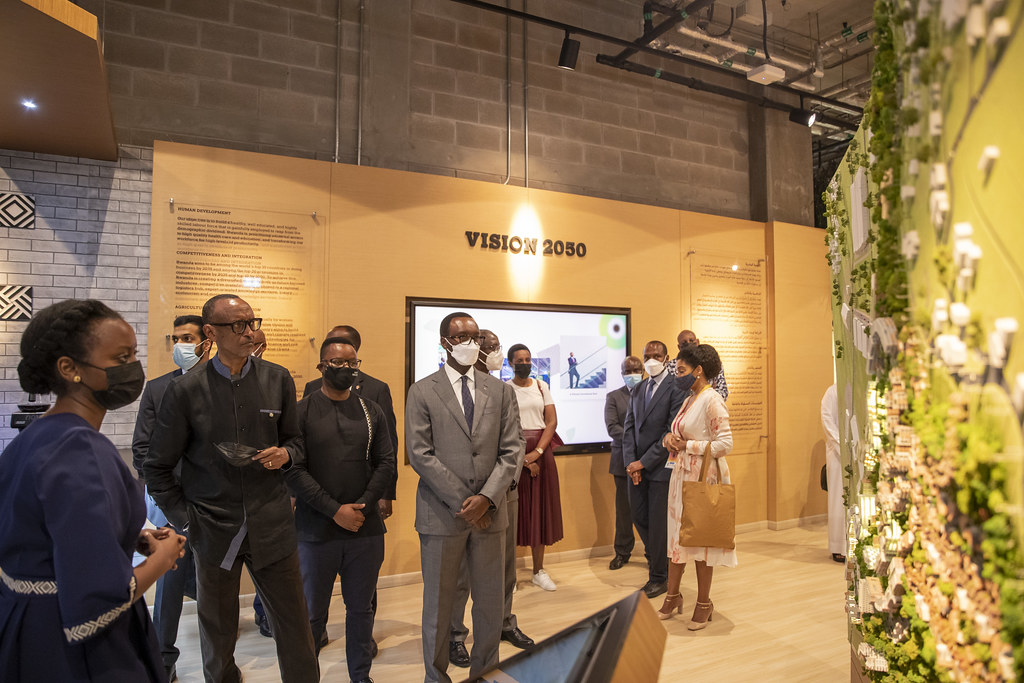DUBAI, UNITED ARAB EMIRATES (Washington Insider Magazine) – According to a new analysis by a London-based labor rights group, the legions of workers who created and maintain Dubai’s lavish Expo 2020 site confront exploitation, deplorable working conditions, and a broad range of labor abuses.
According to Al Jazeera, a report released on Wednesday by consultant Equidem stated that the UAE government has been unable to show that its promises to labor welfare at the multibillion-dollar Expo had addressed, let alone uncovered, rights abuses.
Equidem’s findings come after The Associated Press released a report based on interviews with more than 2 dozen Expo employees about their complaints, which included unlawful recruitment fees, passport confiscation by employers, and inadequate meals.
Equidem’s prior studies into the circumstances of construction employees a year before the world’s fair began, when workers claimed they were refused wages for months due to the coronavirus outbreak, was also referenced in that article.
The Equidem research, which was based on roughly 70 interviews with migrants at Expo over the course of three months last fall, provided a thorough examination of the labor situation at the world’s fair. The massive international event has provided the UAE with an important opportunity to bolster its reputation as a globally connected destination that attracts tourists and investment.
In the United Arab Emirates, foreigners outnumber locals by about nine to one. The country’s labor sponsoring system, which involves millions of low-paid individuals from Africa, the Middle East, and Southeast Asia and has long been accused of abuse for failing to ensure equitable salaries, hours, and living conditions, is at the heart of daily life.
The majority of the workforce interviewed, according to the Equidem research, were forced to pay unlawful hiring fees to get their positions, which often exceeded their monthly wages. Despite a ban at Expo and around the country, many companies were informed that workers paid high fees to recruitment agencies in their native countries and did not refund them, creating a debt bondage situation, according to the research.
Workers were not presented with employment agreements or were unable to understand them as they were not converted into their original language, as legally required, according to the Equidem investigation.
Some workers were paid in installments or had to wait well over a week for their monthly income, which also included their meal allowance. Overtime wages, termination benefits, and promised bonuses were regularly denied to employees. Workers claim that while the pandemic wreaked havoc on the economy, employers lowered salaries by much to 75%.
Despite Emirati regulations prohibiting employers from taking workers’ identity documents, the majority of workers interviewed handed their passports to their employers, and none of them were able to return them unconditionally.
Workers also claimed to have been discriminated against, detailing how their color influenced their treatment and responsibilities on the job.
In the UAE, where slavery was not technically banned only until the 1960s and dark-skinned laborers from Africa and South Asia often report earning lower pay than their light-skinned counterparts, racism is a deeply rooted issue.
Expo workers told researchers they were afraid of retaliation from employers and authorities, including dismissal and deportation, if they spoke up about working conditions and harassment, according to the paper. In the UAE, founding unions and rallying for improved treatment are still illegal.
With Dubai in the limelight due to a world expo expected to attract 25 million visitors, officials promised to step up efforts to combat the widespread practice of forced labor. Expo created guidelines outlining strict labor rights protections. Company inspectors are sent by the UAE to verify that workers are not exploited.
The revelation comes only months after Human Rights Watch (HRW) in the United States denounced the Dubai Expo 2020 as an effort to obscure the UAE’s human rights violations.
Last year, the European Parliament called on member nations to boycott the fair, citing human rights concerns.
HRW stated in October of last year that the expo is part of the UAE’s decades-long drive to “whitewash its image and obscure its abuses.” The UN specialists and human rights investigators, as well as critical media and academics, continue to be denied access by the government, according to the organization.
Last year, the European Parliament called on member nations to boycott the fair, citing human rights concerns.


























